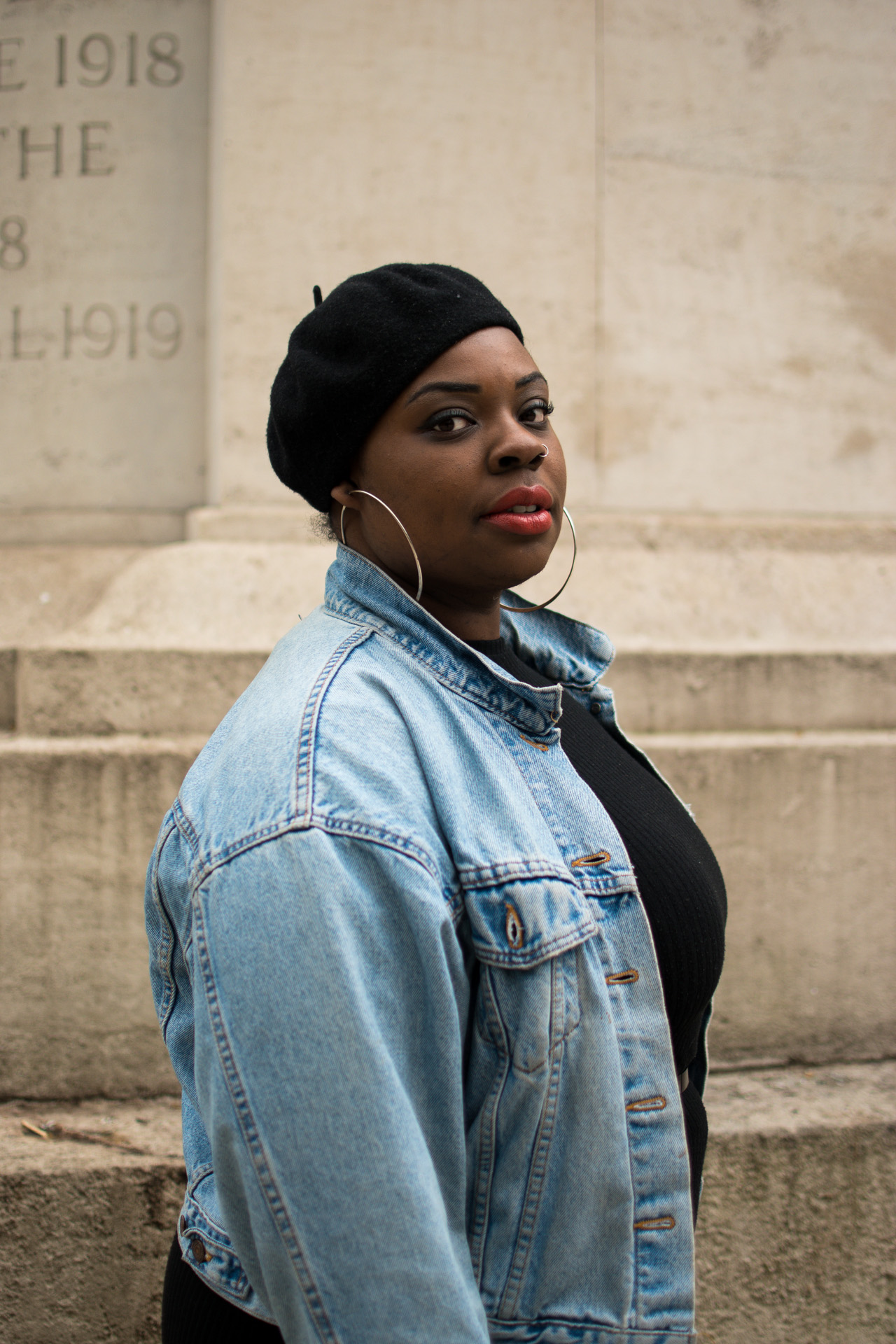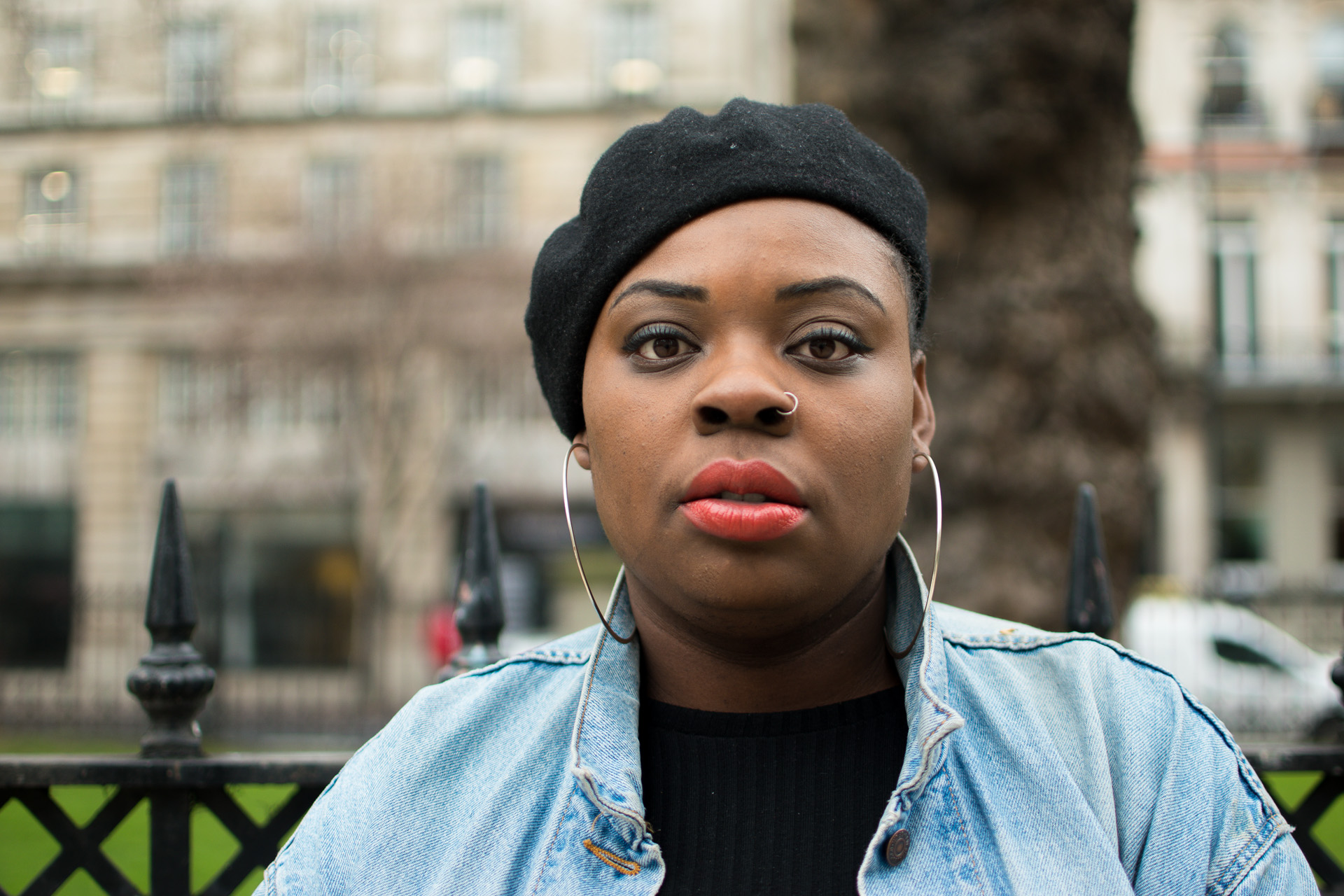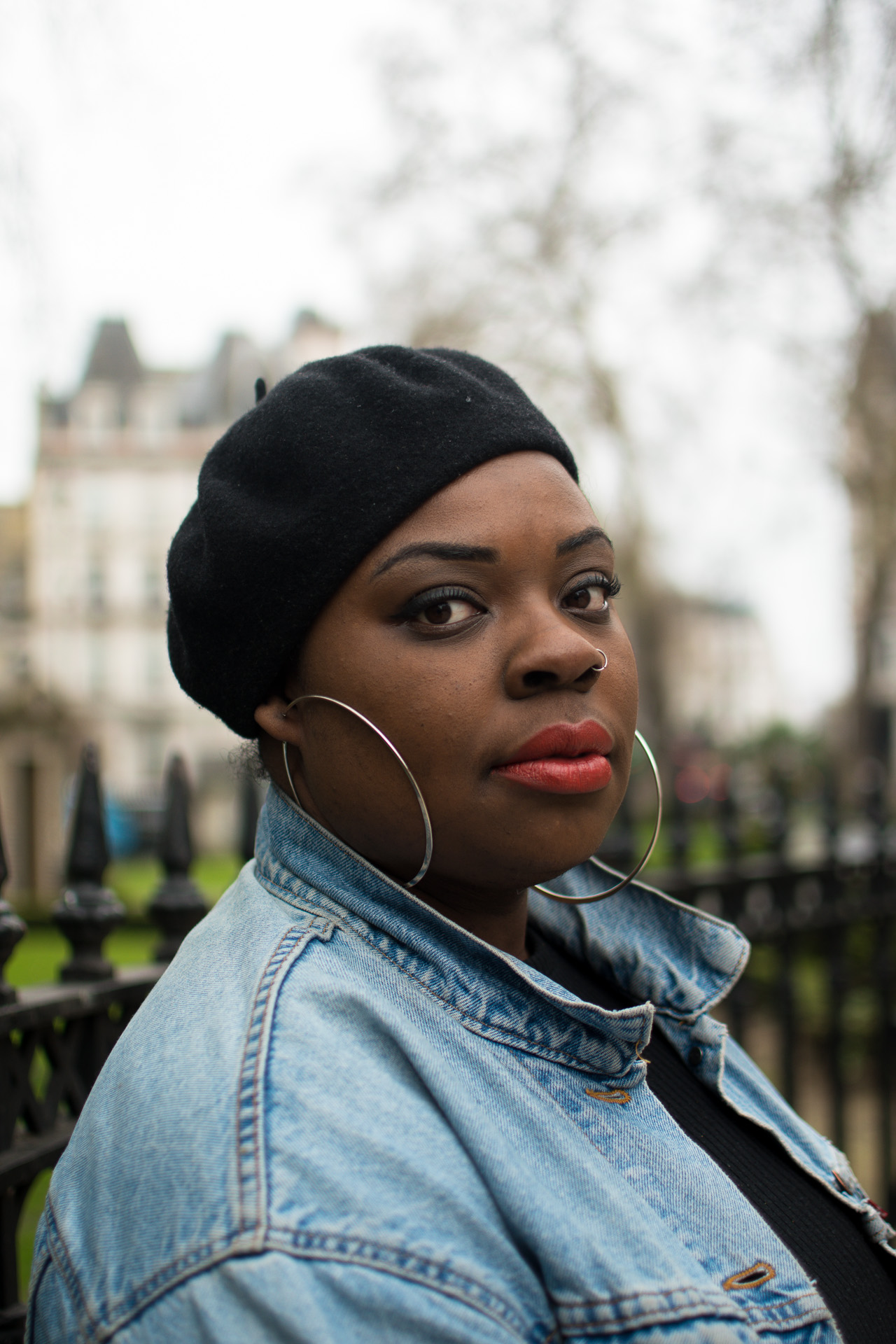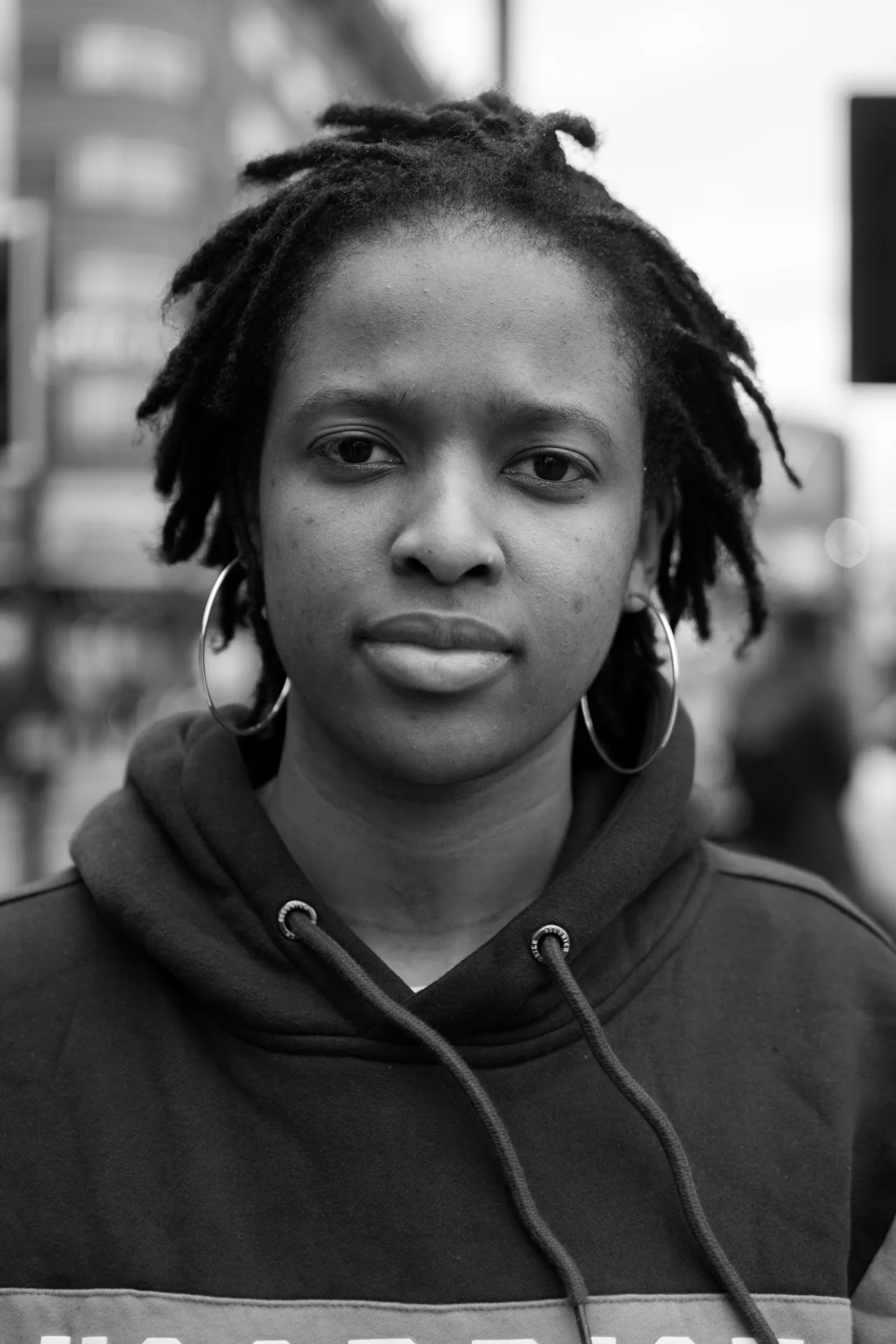Ronke
Ronke, 35
Nigerian ethnicity: Yoruba
City/County grew up in: London
City/County of residence: London
*audio below
Describe your heritage
I would say that my heritage is Nigerian British or British Nigerian whichever way round you want to put it.
What to you, makes you Black British Nigerian? How do you define it?
Obviously my parents are both Nigerian and I was born and I've been raised in Britain. I would say it’s having a bit of both; being at home and having the culture of [Nigeria] and then being born in a British society - so going to school, just all the institutions and systems in Britain and just mixing with different people in Britain because Britain is quite a multicultural place. I'd say that sort of thing is what makes me British. I don't think you can divide the two really. I think they're kind of mixing together.
What challenges do you/have you faced that relate to your identity as a Black British Nigerian?
For me it mainly comes from other Nigerians that have been born in Nigeria and then come here. They don’t identify...what would be the word that I would use? They don’t consider me to be a Nigerian. If I say I'm Nigerian they will say 'No you're not Nigerian, you're Britico, you're Britico', but for me I feel I am Nigerian. For them because we were born here, the way we speak, the way we dress, just everything together, they don’t feel like I'm Nigerian. So that does cause quite a lot of confusion with identity, because you want to be accepted with the Nigerians like 'No I'm Nigerian!' but they just know you're not. So that's the main confusion.
What do you love about being Black British Nigerian?
*laughs* Obviously the food, I love the food, I love everything about Nigerian culture as well. Just the way they are, they're quite strong people, they're quite a proud people, they're very educated, they're very hard-working, and that's how my parents, well my mum has raised me. And then the British part is we've got a bit more freedom, you know. We're not so kept in a box, and we're not so rigid in the way we're thinking, we're a lot more open-minded and I think that part of it comes from being raised in Britain because we've mixed with a lot of different people.
Do you think this country values your identity?
That identity...I don't see it as something that's been recognised, so therefore I don't see it as being valued. I just feel like Black people...you're Black and you're British and that's it. There's not anything of being a Black British Nigerian or a Black British Jamaican, we're just all in one box and that's it. So in that aspect I don't think it's been valued because it's not really recognised.
What does the future look like for Black British Nigerians - what are your hopes for us?
I think the future's positive. I'm seeing a lot of young people doing really really good things. In some ways they're inspiring those of us who are a little bit older as well to step up our game, honestly they are. So yeah I think the future's positive.








